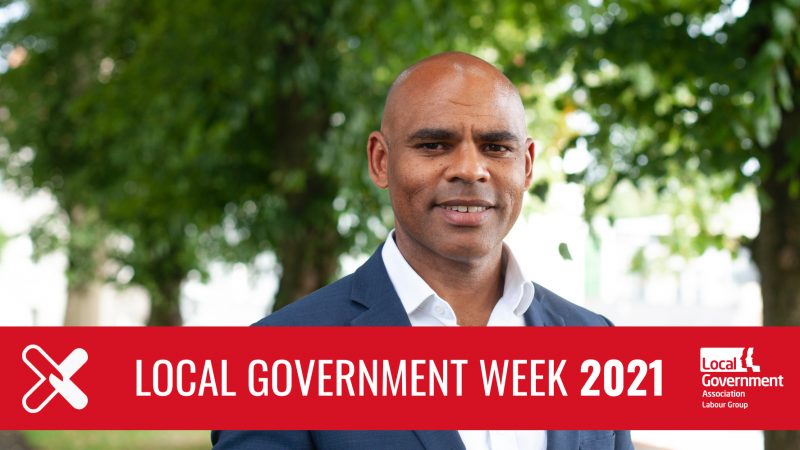
Since the Everyone In initiative started, Bristol has placed some 1,200 people into accommodation, giving them the stability they need and deserve. Two thirds remain either in accommodation or have moved into sustainable social, supported or private housing, including modular homes. Bristol has continued to be proactive in this spirit. We have secured some funding but it does not go nearly far enough to enable us to end homelessness in the city, with all the enduring uncertainty that entails for people affected and their mental health.
We continue to provide accommodation regardless of vulnerability or recourse to public funds and, during the first lockdown, helped 700 families keep a roof over their head through emergency housing payments. Tens of thousands have relied on our full council tax reduction scheme, comprising a tenth of our revenue budget, with a 400% spike in applications earlier in the pandemic. With Bristol families increasingly not knowing how to make ends meet, we have doubled our local crisis prevention fund budget for essentials like food, fuel and school uniform.
Like ever more families’ finances, councils are at or approaching breaking point – knowing that the books must be balanced, but not how. After ten years of austerity, councils need more funding for such crucial interventions or else limited resources will need to be refocused once again.
Just as the challenge of homelessness runs deeper than rough sleeping, as we know, the challenge of housing is complex. Bristol has 13,000 families on our council housing waiting list, with 30,000 affordable homes needed by 2036 to keep up with population growth. Over 900 households in Bristol are living in temporary accommodation – 50% higher than before the first national lockdown.
Our administration’s priority has been to get Bristol building, and so some 9,000 new homes have been built in Bristol since 2016. We are still on course to deliver 500 new affordable homes this year, despite the national uncertainty for the construction sector due to not one but two delayed exits from the European Union in 2019. Against the odds, that’s five times more than some years under the previous administration and the first time that so many have been built in a decade. It will be all the more remarkable an achievement given frequent opposition delay tactics, which at times seem to suggest more interest in creating headlines than building homes.
We need the right homes in the right places: good quality for exactly the reasons we set out to build them. Land can only be used once, so must be used for maximum benefit, which can mean master-planning rather than a rush to development that often resembles a race to the bottom. Small, expensive, or badly designed homes will lock in the social problems, and resulting impacts appear in council services as well as the NHS and criminal justice system and other public services. The uneven distribution of Covid in lower-income and BAME communities shows how poor housing conditions influence everything else in life.
Bad homes can cause people’s lives to spiral – but building good quality homes in the right way, in the right place, can be the closest thing we have to a policy panacea. Progress has been possible, despite a tough few years, with Brexit uncertainty, the pandemic and more Brexit uncertainty hitting the sector hard. We face similar further challenges. The need for good, affordable homes is rising as sharply as pressure on our budgets, local services and infrastructure. All with the climate and ecological emergencies facing us, and our ambition of a carbon neutral Bristol by 2030, and the latest red herring of planning reform.
Bristol continues with an all-of-the-above approach, innovating and learning from best practice by councils here and internationally. Our Housing Festival exemplifies this approach and provoked a city-wide conversation about fixing the broken housing market. Last summer, a crane lowered into place 11 self-contained homes on stilts over a car park in East Bristol – all built off-site to the highest energy efficiency standards.
Our hope is that there will be a clear and sustainable funding settlement for homelessness, so that we never return to the endless bidding-and-waiting bingo structure. Otherwise, uncertainty will continue to compound crises, with all that means for councils and those depending on us to help end this injustice.




More from LabourList
Nudification apps facilitate digital sexual assault – and they should be banned
Diane Abbott suspended from Labour after defending racism comments
Labour campaign groups join forces to call for reinstatement of MPs